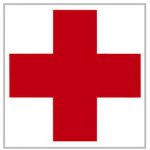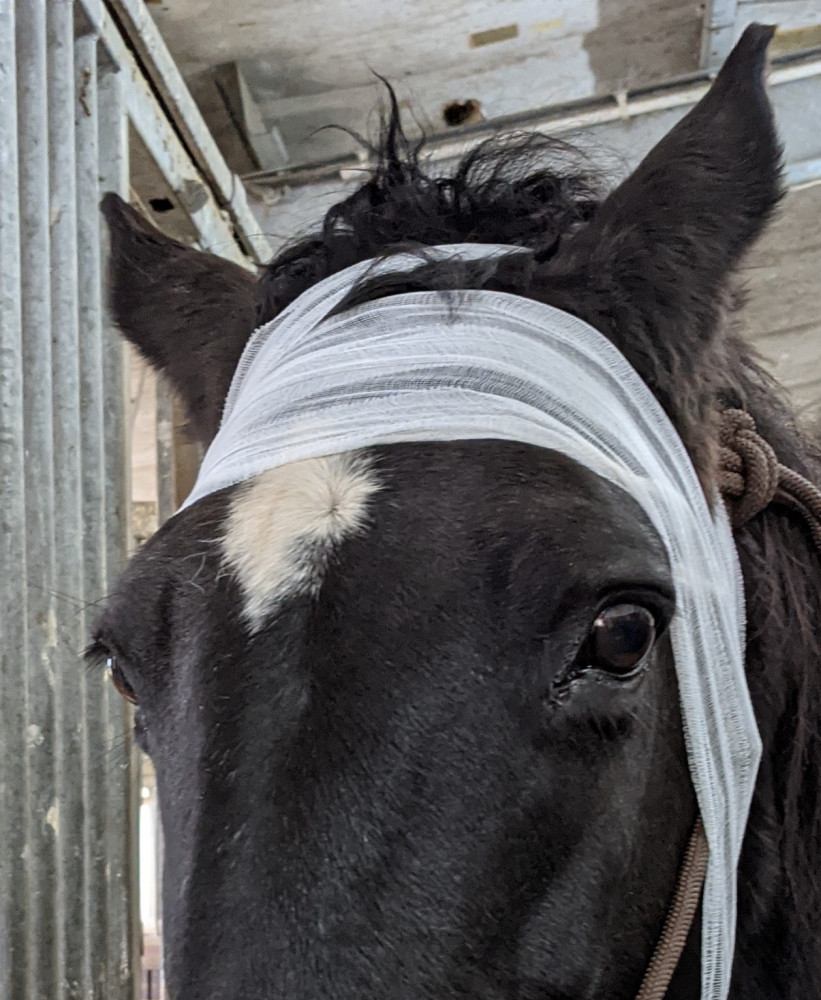Anemia in Horses
 Horses can get anemia just as humans do. A lack of certain minerals and other components in the blood can lead to fatigue and many other problems.
Horses can get anemia just as humans do. A lack of certain minerals and other components in the blood can lead to fatigue and many other problems.
Anemia should be diagnosed at an early stage in order to prevent worse. We have to distinguish between infectious and “regular” anemia. In this article we will only deal with non-infectious anemia. We talk about anemia in a horse when the hemoglobin level of the blood falls 15% below the normal value.
What are the Symptoms for Anemia?
Anemia can have various symptoms. Many horses will become listless and lethargic due to a diminished number of red bloods cells available to transport oxygen. In anemia the lack of red blood cells also causes an iron deficiency as red blood cells are the main storage components of iron in the body. In addition, many horses develop skin and coat problems. For the most part, these are caused by a zinc deficiency connected to anemia. An anemic horse often has an irregular pulse (weak or very fast), increased breathing rate, discolored urine and/or feces, restlessness and muscle twitching, bleedings and/or yellowish mucous.
How does Anemia Arise?
Often the cause of anemia is a deficiency of substances needed by the body to produce red blood cells. Some of these are iron, vitamin B 12 and folic acid. A deficiency occurs when not enough of these substances are ingested with food. The cause can be an unbalanced diet. However, it could also mean that the horse is unable to ingest its feed properly (it there are dental problems for example). In addition, anemia could indicate that there is an acute blood loss due to chronic bleeding. The cause for such a condition could be a stomach ulcer for example. Other causes could be kidney problems or tumors. Various illnesses (such as strangles) can also lead to anemia. Moreover, anemia can be caused by intoxication such as heavy metal poisoning or a worm infestation.
What can be done when my horse suffers from anemia?
First of all a veterinarian should determine whether the anemia is caused by a tumor, an ulcer, or kidney problems. These are serious illnesses that will require immediate medical treatment. The vet should also test for other illnesses that can cause anemia. It should be checked whether the horse suffers from dental or other problems that prevent proper feed intake. If the horse doesn’t suffer from an underlying illness, the attention should be focused on the feed. There are special feeds available that are custom-made for horses with anemia. These feeds for the most part are designed just for the transitional period and to aid in a speedy recovery. Once the symptoms have disappeared serious thought should be giving to adjusting the horse’s feed. The answer might be that the horse is in need of a special mineral lick or feed with mineral supplements. Again, your vet can advise you in this matter. As a preventative measure against anemia, a horse should be de-wormed on a regular basis and also receive a well-balanced diet.
Surf tips:
- Horses with Liver Disease
- Narcolepsy – If Horses just fall asleep
- Horses with a Lack of Selenium
- Horses with Copper Deficiency
—All statements without guarantee—

3 Comments
Comments are closed.